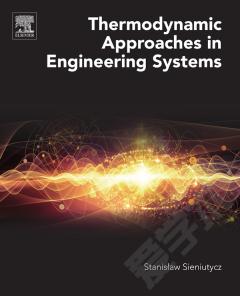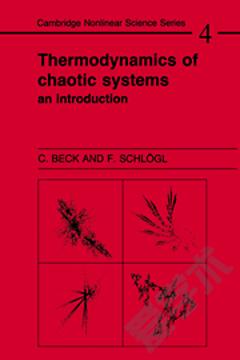Thermodynamics —— A Dynamical Systems Approach
----- 热动力学
Thermodynamics is universal;in principle, the subject appliesto everything. Accordingly,everyone is entitled to theirown opinion regarding howthermodynamics relates tohis/her own field of specializa-tion. According to Albert Einstein âthermodynamics is theonly physical theory of a universal nature of which I amconvinced that it will never be overthrown.â Throughout history, universal principles such as basichuman rights have not always been implemented in prac-tice. Thermodynamics, however, is independent of oneâspolitical philosophy. No tyrant or dictator can decide aboutthermodynamics. If someone comes to me with a rheologi-cal law for a non-Newtonian fluid that does not obey thesecond law of thermodynamics, I can say beforehand thatsomething is fishy with that model. What is left to humans,and especially to the scientist, is the explanation of the emer-gence of thermodynamics in its irreversible version from anapparently nondissipative microworld. (Recall that the lawsof physics are time reversible at the microscale.) Moreover,the job of the scientist also entails developing and interpret-ing the most appropriate mathematical framework for ther-modynamics as well as applying its central tenets todisputed fields such as living systems and large-scalephysics, that is, cosmology and the future evolution of theuniverseâand, therefore, the ultimate destiny of humans. It is an agreed fact that mathematics is the common lan-guage of science. The authors claim that âmathematics isthe irrefutable pathway to the truth.â This statement is notexactly true in general; it is true only insofar as mathemat-ics
{{comment.content}}








 京公网安备 11010802027623号
京公网安备 11010802027623号